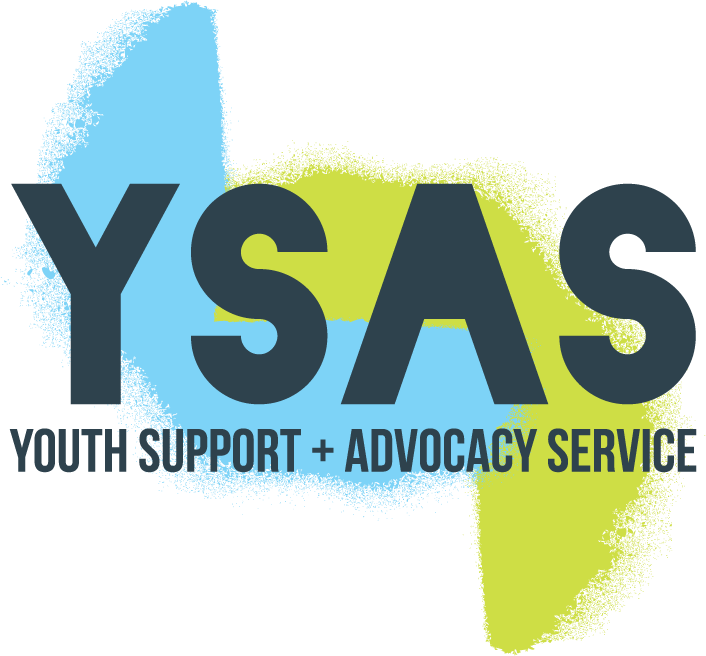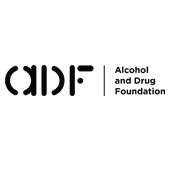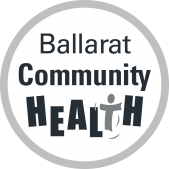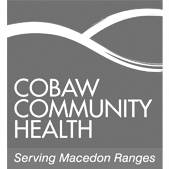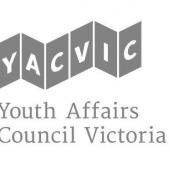Youth AOD Work
What is "assertive" outreach?
Assertive outreach is an effective and crucial method of delivering services to the most hard to reach groups of young people needing AOD support. This article explains what assertive outreach is.
If outreach describes a general approach where support and treatment is provided in non-clinical settings and in places and spaces where young people are comfortable, then "assertive" outreach is an even more specific method of outreach.
Underpinned by social justice values, assertive outreach recognizes the many barriers vulnerable and disconnected young people face when accessing services. By its very nature, being vulnerable and disconnected often means young people don’t have adults to support and advocate for them when seeking help. A lack of confidence, limited resources, a sense of powerlessness or language and cultural barriers can make negotiating access to services difficult.
In response, assertive outreach is a proactive approach to delivering support and interventions. It challenges the idea that a client is always responsible for engaging with services and showing they want support and instead asks “who is in most need of this service?”
In Youth AOD work, assertive outreach usually involves either case-finding activities or assertive referral follow-up. In contrast to solely waiting for referrals, case finding is where, workers identify groups of young people for whom substance use is causing the most harm and deliberately outreach to community spaces and places where these young people are in an attempt to engage, provide information and promote support. This is a fairly non-invasive approach where workers regulalry visit the same areas over time in order to build relationships and trust.
Assertive referral follow-up describes attempts to maintain contact with a young person even when engagement is difficult. In other words, missed appointments or no shows result in a doubling of effort on the part of the service to engage and find ways to work with a young person rather than a cessation of support.




